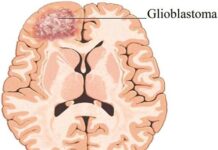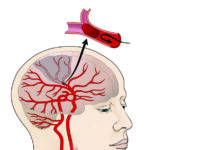The etiology of type 1 diabetes continues to be debated, although experts agree it is likely a mix of genetic and environmental causes. Today, more than 50 regions of the human genome are implicated in type 1 diabetes. Within each region, researchers are identifying new genes, biological pathways and potential therapeutic targets for intervention, but a cure — or a way to prevent progression to type 1 diabetes — remains elusive.
At the same time, cases of type 1 diabetes are surging in the U.S. According to the CDC’s National Diabetes Statistics Report released in February, the number of people diagnosed with type 1 diabetes rose by nearly 30 percent since 2017, with the greatest increases observed among minority children.
“The big mystery in type 1 diabetes is, why does it happen?” Louis H. Philipson, professor of medicine, director of the Kovler Diabetes Center at the University of Chicago School of Medicine, and former president of medicine and science for the American Diabetes Association, told Endocrine Today. “Is there an environmental cause or a genetic cause? Autoimmune diseases, as a group, tend to be not all that inheritable. That is sometimes a surprise to people.”
Several genetic polymorphisms — normal variations in DNA — are linked to increased risk for type 1 diabetes. However, these genetic variations do not cause the disease, meaning that not everyone with a diabetes-associated genetic variation will go on to develop the disease. The current view is that environmental risk factors are also needed to trigger disease development. During the past decade, research following birth cohorts, along with detailed genetic studies and data about environmental factors, has led to a change in the basic theory of the causes and pathogenesis of type 1 diabetes.



























